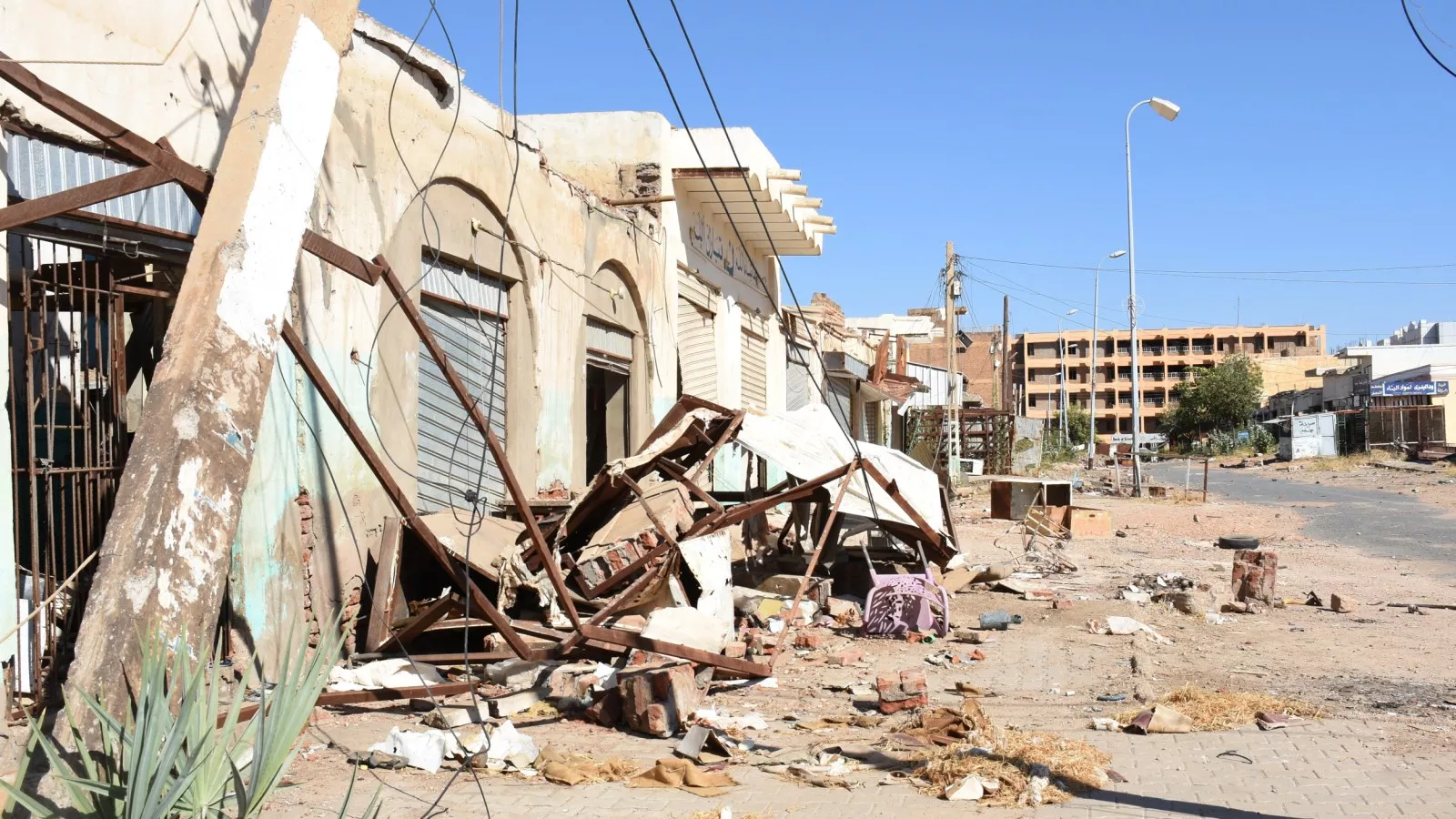Silent Crisis: Sudan's Deadly Convergence of Climate Chaos and Humanitarian Collapse

The Unfolding Crisis in Sudan: A Stark Warning of Climate Change and Healthcare Breakdown
Sudan stands as a harrowing testament to how environmental challenges and healthcare system collapse can rapidly escalate political tensions into a comprehensive humanitarian disaster. The ongoing conflict reveals a complex web of interconnected crises that threaten not just national stability, but human survival itself.
As political factions clash and infrastructure crumbles, the country is experiencing a perfect storm of environmental and medical vulnerabilities. Climate change-induced drought has decimated agricultural productivity, pushing communities to the brink of food insecurity and economic desperation. Simultaneously, the near-total breakdown of healthcare systems has left millions without basic medical support, exacerbating the already dire humanitarian situation.
This multifaceted crisis demonstrates how fragile societal structures can quickly unravel when environmental pressures and systemic healthcare failures converge. Sudan's experience serves as a critical warning to the international community about the potential cascading effects of climate change and institutional collapse.
The situation underscores the urgent need for comprehensive, integrated approaches to addressing global challenges—approaches that recognize the intricate connections between environmental sustainability, healthcare infrastructure, and political stability.
